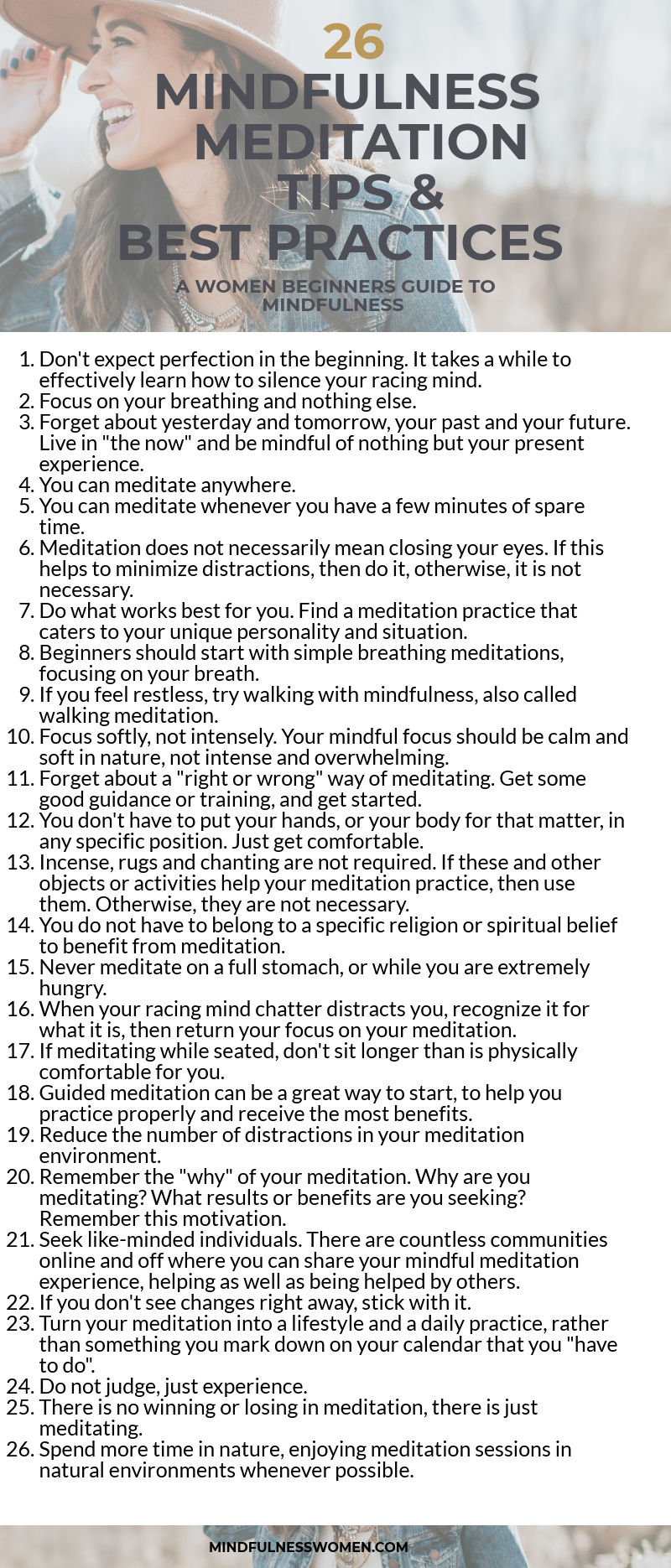The first step to changing anything is understanding yourself and your habits.
For example, it’s difficult to know why you’re angry if you don’t step back for a moment and reflect on when you began feeling the emotion.
In medicine and many other areas of our lives, we tend to treat symptoms rather than look for causes.
You’re angry, you try to treat the anger rather than looking at what caused the anger.
You have high blood pressure, you take blood pressure medication rather than taking a look at what caused the high blood pressure.
It’s a societal behavior and it permeates many areas of our lives.
Tip: If you want true change, if you want to embrace new lifestyle habits and you want to achieve goals, then it’s really important to look for root causes.
Here’s an example of why.
Let’s say that you want to start exercising but every time you set a goal like “I’m going to go to the gym every day” it eventually fades away.
You may start out for a week or two and go to the gym every day and then you’re going four days, then three, then you skip a week altogether and... You know how it goes.
It happens to everyone.
The solution is to understand your motivation and to have awareness about why you want to achieve that goal and what will actually help you achieve that goal.
Awareness is the key here, and it’s the same for ending emotional eating.
First, you have to be aware of a few things about yourself.
Let’s look at them individually here.
When do you eat? When do you eat during the day?
Do you eat three meals and two snacks, or do you find yourself eating all day long?
Start paying attention to when you eat.
You might grab your planner or calendar and just put a star on the times when you eat so you start creating awareness about when you feel hungry and when you eat during the day.
You could also just write down when you eat and what you eat on a piece of paper or In Notes on your phone.
How you track it doesn’t matter.
The point is to start paying attention to your habits.
Now, here’s the trick to awareness.
Often when we start paying attention to our habits, we change our habits. So you may find that all of a sudden you’re not emotional eating.
You may want to track your eating habits for a few weeks or even jot down when you feel like eating so that you start to create awareness about what triggers your eating.
Let’s look at that in more detail
What are you feeling before you decide to eat?
Explore physical, mental, and emotional feelings before you eat.
Are you feeling hungry?
Tired?
Overwhelmed?
Angry?
Stressed?
Sad?
Just jot down what you’re feeling.
Don’t judge the feelings or sensations.
Jot them down, eat, and get on with your day.
This is about awareness, not judgment.
Do you decide to eat or is it automatic and unconscious?
The goal is to make eating something that you decide to do.
That’s what awareness is about.
Once you know why you eat and what you eat you can start changing your behaviors.
You can say, “Oh, I’m super stressed and I want a burger, but I know that I just ate an hour ago so I’m going to go take a walk instead.”
You can make an educated and thought-out decision about how you respond to stress.
I know it sounds simple. It’s not.
It will take time and patience with yourself.
It’s all about shifting your mindset, finding the motivation to make healthier decisions, and achieving your healthy lifestyle goals.

































